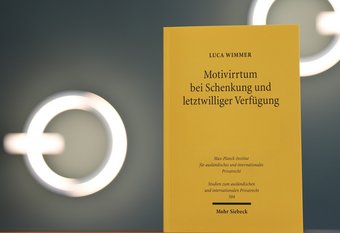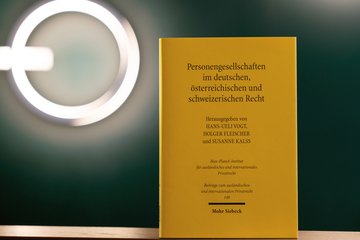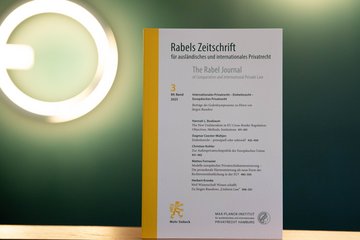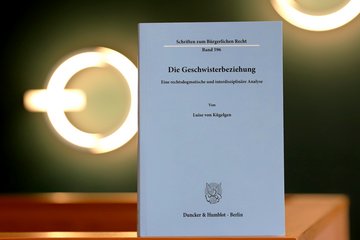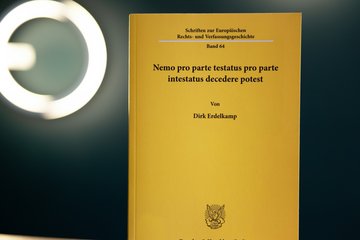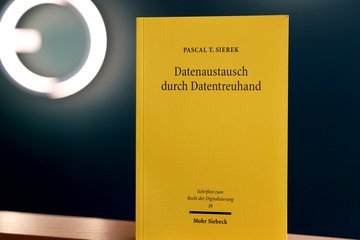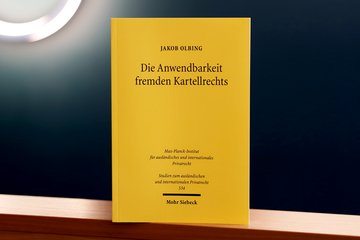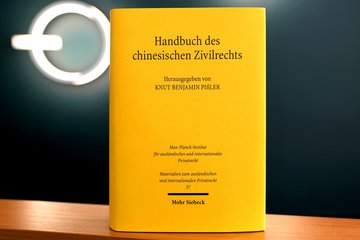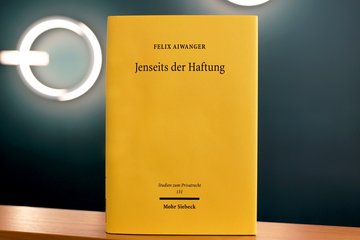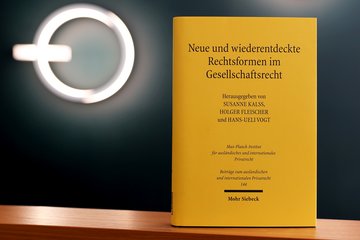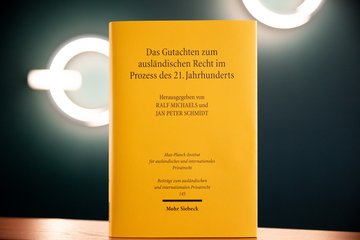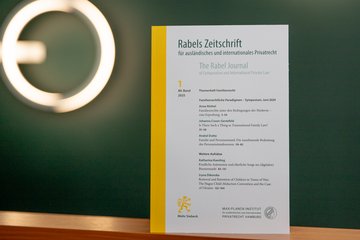Mistake Affecting Donation and Testamentary Disposition
Inter vivos gifts and testamentary dispositions are the most important legal institutions providing for the transfer of assets without an expectation of counter-performance. Where the motives for doing so have been based on false assumptions, the question of restitution arises. In his doctoral dissertation Luca Wimmer, former research associate at the Max Planck Institute for Comparative and International Private Law, examinesthe legal situation in Germany, France and Austria.
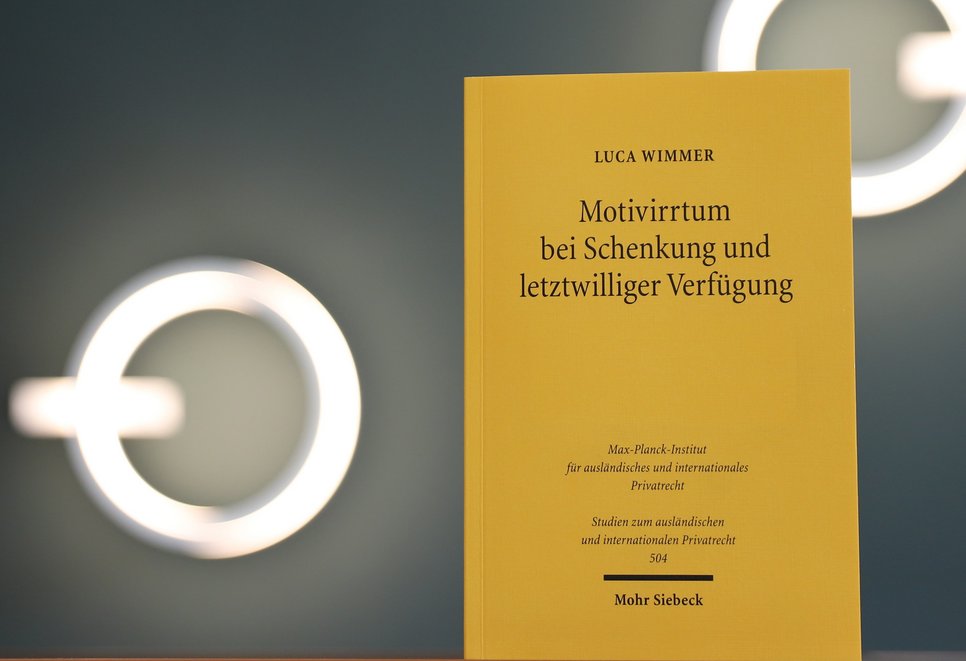
The reasons for making gratuitous gifts are manifold: reward for past conduct or an incentive for future good behaviour, care for relatives, social convention, or personal affection. Yet when the donation rests on a false assumption, a problem of social dimension emerges.
While in German law only last wills are voidable for mistake, French and Austrian law provide for the voidability of donations as well. Given the common Roman law origin of continental European legal systems, this difference in resolving a timeless problem is noteworthy. How have these legal rules developed in Germany, France and Austria? How are they presently handled in scholarship and legal practice? Have judges and legal commentators in Germany created functional substitutes so as to allow the challenging of gifts based on mistake? Adopting a historical and comparative perspective, the author answers these questions before then critically examining the approach of German law.
Dr. Luca Wimmer studied law at the Albert-Ludwigs-Universität Freiburg in Breisgau as well as at the Université Grenoble Alpes. Additionally, he earned an LL.M. at Stellenbosch University. Prior to his engagement at the Institute, he was a research assistant at the University of Freiburg, where he received his doctoral degree in 2022.
Photograph: © Max Planck Institute for Comparative and International Private Law
